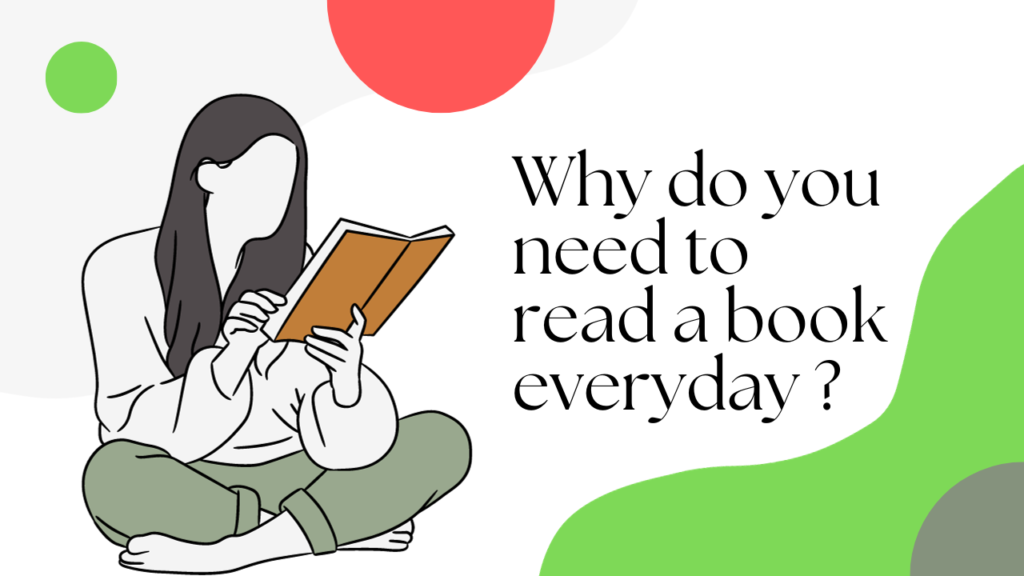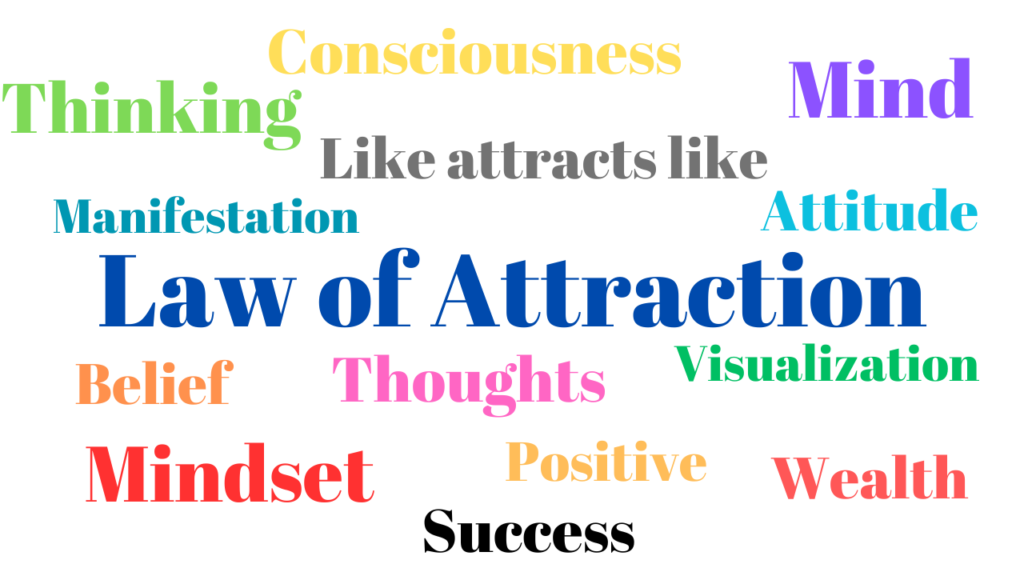Importance of Books in Our Life
Introduction
In a world teeming with technological marvels and digital distractions, the significance of books often gets overlooked. “Exploring Boundless Horizons: The Importance of Books in Our Life” embarks on a profound journey into the multifaceted role that books play in shaping our existence.
This comprehensive exploration begins by delving into the origins of knowledge itself. Chapter by chapter, it navigates through the transformative power of reading, highlighting how books serve as gateways to uncharted territories of the mind. The narrative unfolds the magical realm of imagination that books nurture, making them indispensable companions in our quest for understanding the world around us.
The book doesn’t merely celebrate literature; it analyzes books as time machines that transport us across epochs and cultures. It dives into the reservoir of wisdom found between the pages, emphasizing the unique ability of books to distill the essence of human experience.
As the journey continues, the art of storytelling is dissected, revealing how narratives shape our perceptions and connect us to the collective human story. The exploration extends to books as mirrors reflecting the complexities of society, presenting a lens through which we can scrutinize our past, present, and future.
“Exploring Boundless Horizons” doesn’t shy away from the entertaining aspects of literature. It devotes chapters to fiction’s role in providing an escape from reality and explores the influence of literary heroes who inspire and resonate with us.
Moving beyond the individual, the book unfolds the therapeutic essence of reading, demonstrating how books serve as sources of solace, wisdom, and resilience. It underscores the educational values of literature, emphasizing that books are not just entertainment but tools for personal and societal growth.
The narrative evolves to explore books as catalysts for change, illustrating instances where literature has sparked revolutions and transformed societies. It also delves into the role of books in building empathy, fostering a deeper understanding of diverse perspectives.
The book concludes by examining the intersection of books and the digital era, navigating the challenges and opportunities presented by the technological landscape. It culminates with the assertion that, in a rapidly changing world, books remain steadfast companions, weaving through the fabric of time and leaving an indelible mark on our lives.
The Genesis of Knowledge
In the beginning, there were words, and from words emerged knowledge. This chapter explores the primal importance of language and the written word in the evolution of human understanding. From ancient scrolls to contemporary volumes, it traces the historical journey of knowledge dissemination through written texts.
The Transformative Power of Reading
As we venture into the second chapter of our exploration, we dive deep into the transformative power inherent in the act of reading. Books, as vessels of knowledge, possess the unique ability to reshape perspectives, challenge beliefs, and ignite intellectual curiosity. This chapter delves into the cognitive and emotional transformations that occur when one immerses oneself in the written word.
Reading, it seems, is not a passive engagement but rather an interactive dialogue between the author’s narrative and the reader’s imagination. We unravel the psychological mechanisms at play when words on a page evoke emotions, stimulate critical thinking, and ultimately, alter the way we perceive the world.
Drawing upon diverse genres and literary styles, we showcase how reading can be a journey of self-discovery. Whether through fiction or non-fiction, the reader embarks on a personal odyssey, encountering new ideas, cultures, and perspectives. The chapter emphasizes that the real magic lies not just in the words themselves, but in the reader’s ability to interpret, internalize, and integrate them into their own narrative.
Nurturing the Imagination
In this chapter, we explore the enchanting landscapes of imagination that books unfurl. Imagination, often considered the wellspring of creativity, finds its muse within the pages of literature. From fantastical realms to vivid characters, books cultivate the imaginative faculties of readers, fostering a realm where the boundaries of reality are stretched.
We delve into the symbiotic relationship between literature and creativity, illustrating how the written word acts as both catalyst and canvas for the imagination. Through anecdotes and literary examples, we showcase instances where authors have sculpted entire worlds with their words, inviting readers to participate in the artistic process.
Furthermore, the chapter examines the cognitive benefits of a nurtured imagination, extending beyond the realms of art and literature. It explores how a vibrant imagination enhances problem-solving skills, innovation, and the capacity to empathize with others. As we navigate the landscapes of literary creativity, it becomes evident that books not only entertain but also contribute to the development of a more imaginative and empathetic society.
Books as Time Machines
As we turn the pages of this chapter, we uncover the time-traveling abilities that books possess. A book is not merely an object; it is a gateway to different eras, cultures, and perspectives. We explore how literature allows readers to transcend the constraints of time, offering glimpses into the past, present, and future.
The narrative unfolds through historical accounts, classic literature, and contemporary works, illustrating how each book becomes a portal to a specific moment in time. Whether it’s a vivid depiction of ancient civilizations, a poignant reflection on historical events, or a speculative vision of the future, books act as conduits that connect readers with the vast tapestry of human history.
Moreover, we examine how the time-traveling aspect of books contributes to the preservation of cultural heritage. Through literature, traditions, values, and stories are passed down from generation to generation, ensuring that the richness of human history endures.
Wisdom Between the Pages
In this chapter, we navigate the profound repository of wisdom nestled between the pages of books. Wisdom, distilled through the experiences, reflections, and insights of countless minds, becomes accessible to those who seek it within the covers of a book.
Through a tapestry of philosophical works, insightful essays, and timeless literature, we explore how books serve as vessels of accumulated human wisdom. The chapter delves into the transformative impact of encountering profound ideas and life lessons, providing readers with not just knowledge but the tools to navigate the complexities of existence.
We also examine the role of books in shaping ethical frameworks and moral perspectives. From ancient philosophical treatises to modern ethical dilemmas depicted in literature, the narrative underscores how literature contributes to the moral and intellectual development of individuals and societies.
The exploration of wisdom within the pages of books extends beyond personal growth; it becomes a collective endeavor, a shared reservoir from which societies draw inspiration and guidance.
The Art of Storytelling
Entering the realms of storytelling, this chapter unpacks the artistry embedded in narrative structures, character development, and the nuanced craft of weaving tales. Storytelling, as old as human communication itself, takes center stage as we explore its impact on readers and its integral role in shaping cultural identities.
Through an array of literary genres, from epic myths to contemporary novels, we dissect the elements that make a story resonate. This chapter elucidates how well-told stories captivate not just the intellect but also the emotions, creating a profound connection between the storyteller and the audience.
Moreover, we delve into the psychological and cultural significance of storytelling. It’s not merely about entertainment; it’s a vehicle for transmitting values, preserving cultural narratives, and fostering empathy by allowing readers to step into the shoes of diverse characters.
In unraveling the intricacies of storytelling, we affirm that books are not just carriers of stories; they are architects of shared human experiences.
Books as Mirrors of Society
In this chapter, we turn our gaze towards the reflective surface of literature, recognizing books as mirrors that offer profound insights into the dynamics of society. From classic novels to contemporary works, we explore how authors use the written word to capture and critique the complexities of human relationships, societal structures, and cultural norms.
Through the lens of literature, readers are presented with characters and narratives that mirror the diverse facets of the human experience. This chapter examines how books serve as a medium for self-reflection, prompting individuals to contemplate their beliefs, biases, and values in the context of the fictional worlds and characters they encounter.
Moreover, the narrative unfolds to highlight how literature often becomes a commentary on the pressing issues of its time. From social injustices to political upheavals, books provide a platform for authors to engage with and challenge prevailing norms, fostering a deeper understanding of societal challenges.
In essence, this chapter underscores the symbiotic relationship between literature and society, emphasizing that books not only reflect the world but also possess the power to shape and reshape it.
Escaping Reality: Fiction’s Role
As we venture into the realm of fiction, this chapter explores the escapism embedded within the pages of novels. Fictional narratives, with their imaginative landscapes and compelling characters, offer readers a respite from the demands of reality. We delve into the psychological benefits of escapism through literature, examining how it provides a therapeutic outlet and contributes to mental well-being.
The chapter unfolds through analyses of various genres, from fantasy to science fiction, showcasing how fiction serves as a portal to alternate realities. Readers embark on journeys where the boundaries of the possible are stretched, providing not only entertainment but also a means to navigate personal challenges through the vicarious experiences of fictional characters.
Furthermore, we explore the cognitive and emotional impact of immersive storytelling, highlighting how fiction fosters empathy by allowing readers to inhabit diverse perspectives. The escapism offered by books becomes a vital aspect of self-care and a testament to the versatile role literature plays in enhancing the quality of life.

The Influence of Literary Heroes
This chapter delves into the enduring impact of literary heroes, those iconic figures whose journeys and virtues resonate across generations. From mythical heroes to modern protagonists, literature introduces characters whose narratives inspire, challenge, and shape the moral compass of readers.
Through the exploration of classic and contemporary works, we dissect the archetypal qualities that define literary heroes. Whether overcoming personal struggles or confronting societal injustices, these characters become beacons of courage, resilience, and virtue.
The chapter further examines how the influence of literary heroes extends beyond the realms of fiction, shaping societal ideals and influencing cultural narratives. We unravel the psychological connection readers forge with these characters, exploring how they become not just fictional constructs but embodiments of aspirational values and ideals.
In essence, this chapter celebrates the enduring legacy of literary heroes and their transformative influence on the collective imagination of humanity.
FAQs (Frequently Asked Questions)
Are E-books as Effective as Physical Books?
Absolutely! The medium may differ, but the essence remains. Both E-books and physical books offer the same knowledge, with personal preference being the determining factor.
Can Fictional Books Impact Real-life Decision Making?
Indeed, they can. Fictional books often provide insights into complex human emotions and situations, indirectly influencing real-life decision-making processes.
How Many Books Should One Read in a Year?
There’s no magic number. The focus should be on quality over quantity. Read at a pace that allows for comprehension and reflection.
Are Audiobooks a Valid Alternative to Reading?
Certainly! Audiobooks cater to different learning styles. They provide accessibility to literature for those with busy schedules or visual impairments.
Can Books Improve Mental Health?
Yes, they can. Reading has therapeutic effects on the mind, reducing stress levels and promoting mental well-being.
Do Self-Help Books Really Make a Difference?
When approached with an open mind, self-help books offer valuable insights and strategies for personal development. The key lies in applying the principles learned.
Conclusion
As we navigate the pages of the “Importance of Books in Our Life,” we unveil a tapestry woven with knowledge, empathy, and personal growth. In a world that often moves at a relentless pace, books stand as timeless companions, guiding us through the ever-changing landscapes of our lives.



